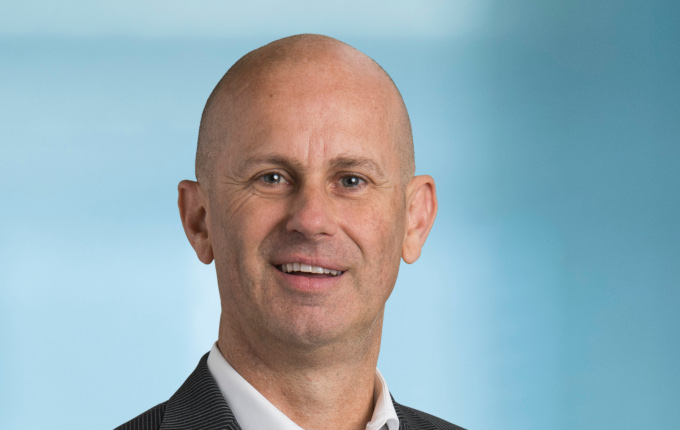Vision Super CIO Mike Wyrsch would like asset owners to take the lead on climate change and this means engagement needs to be about more than just conversations.
Register to Access this Exclusive [i3] Insights Article
Create a free account to access exclusive interviews with asset owners, revealing insights on investment strategies, market trends, and portfolio allocations.
If you already have an account you can Login .
If you have any issues registering an account please send us an email at [email protected].


